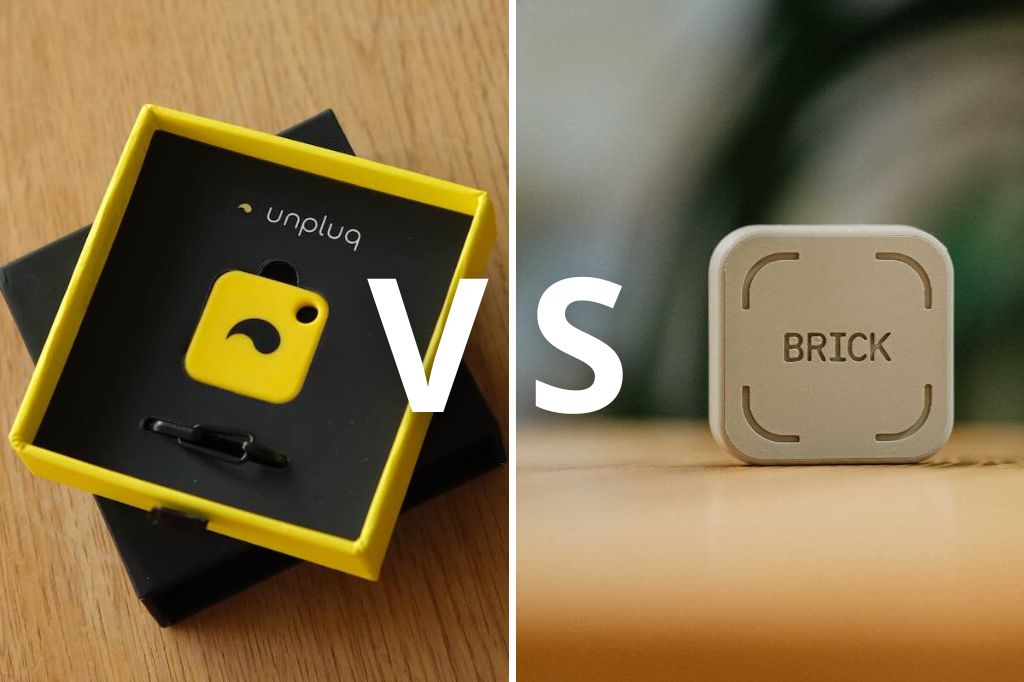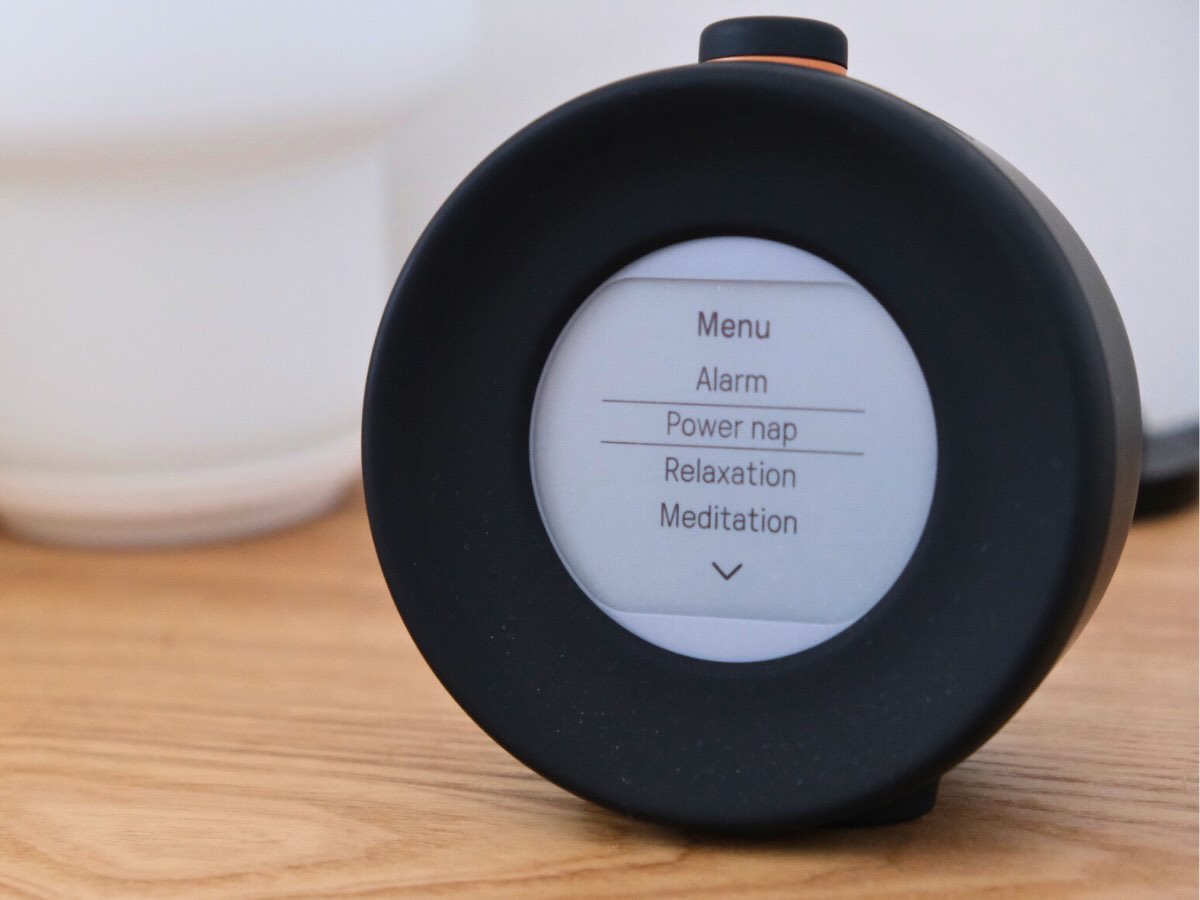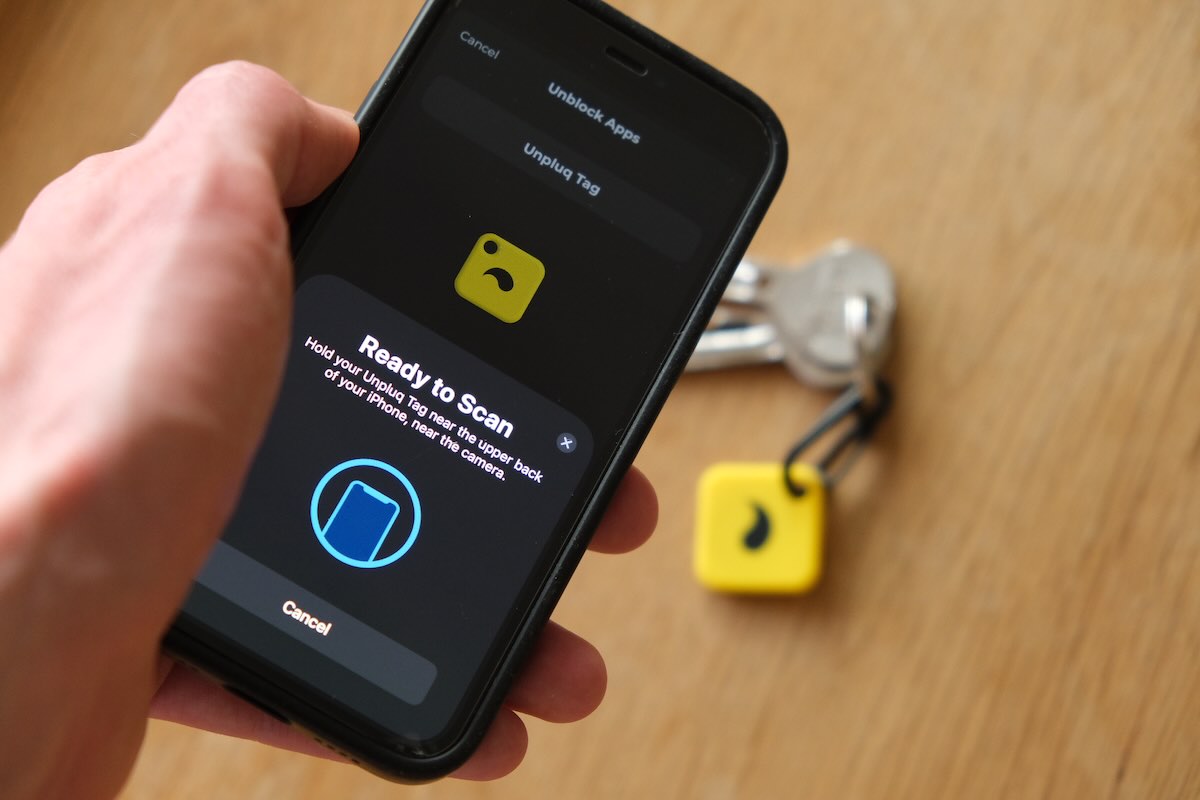Life Without Technology: Lessons from 30 Days Unplugged

I recently took on the challenge of living without technology for a month. No internet, no laptop, and no TV. In this article, you'll discover 14 lessons that I took away from the 30-day experiment.
Whether you're looking to unplug for a day, a week, or longer, these lessons will help you simplify your life, rediscover the beauty of the present moment, and find joy in the analog world.
Let's dive in.
Table of content
- 1. Use a Watch
- 2. Wake Up Naturally
- 3. Use a Landline or Dumb Phone for Calls
- 4. Write Things Down
- 5. Use a Paper Map to Get Around
- 6. Send Letters and Postcards
- 7. Experiment
- 8. Give Your Plans Some Slack
- 9. Put Your Earbuds Down
- 10. Embrace Boredom
- 11. Knock on Doors
- 12. Connect with Strangers
- 13. Practice Introspection
- 14. Contemplate Art
Want more productivity tips, tools, and hacks?
Join 250+ readers by signing up for our newsletter.
Sent once a month. See previous editions.
1. Use a Watch
One of the first things I did when I started my tech-free month was to slap on a wristwatch.
A lot of us rely on our phones to check the time. And every time we do so, we risk getting sucked into the digital world by notifications, messages, and social media updates.
To break free from this cycle, try using a watch instead. A simple analog watch can help you keep track of time without the distractions of your phone.
Not only will this help you stay more present in the moment, but it can also be a fashion statement or a conversation starter. Plus, you'll never have to worry about running out of battery or being distracted by other apps on your phone when all you need is to know the time.
2. Wake Up Naturally
During the challenge, instead of relying on my phone for waking up, I trained myself to wake up naturally. It took a bit of practice, but waking up without an alarm clock is a much gentler way to start the day.
Our bodies have a natural internal clock, also known as the circadian rhythm, which regulates our sleep and wake cycles. By tuning into this internal clock, you can wake up feeling refreshed and energized.
The key is to go to bed and wake up at the same time every day, even on weekends. This consistency helps regulate your internal clock and makes it easier to wake up naturally.
You can also try exposing yourself to direct sunlight first thing in the morning. This helps reinforce your body's natural sleep and wake cycle and improves your overall sleep quality.
3. Use a Landline or Dumb Phone for Calls
While offline, I learned to appreciate the value of a good phone call. I used a dumb phone to stay connected with the people I care about without being tempted to get back online.
There's something special about talking on the phone that can't be replaced by text messages or social media interactions. It makes you feel more connected to the people in your life. It also improves your communication skills and strengthens your relationships.
4. Write Things Down
Living tech free doesn't have to mean you live a disorganized life. Use a notebook or a planner to record the information you store on your phone, like phone numbers, appointments, and addresses.
In fact, some of the most productive people in the world use paper instead of digital devices to organize their lives. In episode 401 of the Tim Ferriss Show, Gary Keller, CEO and founder of Keller Williams (KW), talks about why he uses a paper calendar and why he'd never trade it for a digital planner.
5. Use a Paper Map to Get Around
Without Google Maps to guide me, I learned to navigate the old-fashioned way: with a paper map. Not only was it fun, but it helped me become more aware of my surroundings. I learned more about my city in a month than I had in two years of living there.
You can probably snatch a map of your town at your local tourism office or city hall and keep it in your jacket.
Assume you're going to get lost and create some buffers in your calendar to account for the extra time it might take you to find where you're trying to get to.
6. Send Letters and Postcards
Receiving a handwritten letter or postcard can be a real treat. During my month without technology, I wrote letters and postcards to friends and family. I found it so much more powerful than sending a text message or an email.
Not only is it guaranteed to touch the person receiving the letter, but it feels incredibly satisfying to send as well. Because unlike a text message, an email, or a Tweet, it takes a lot of time and care to prepare.
So while taking time off from technology, consider writing letters or postcards to let your friends and family know that you're thinking of them and that you're okay.
As a side benefit, you'll also improve your writing skills and sharpen your thinking.
7. Experiment
One of the downsides of technology is that we've become conditioned to search for answers online instead of figuring things out for ourselves. In other words, we've stopped thinking for ourselves.
During my tech-free month, I learned the value of experimentation. Whether it was trying to cook something new or fix something around the house, I had no choice but to figure things out through trial and error.
When you adopt a life without technology, you're going to have to try things on your own, make mistakes, and iterate until you solve the situation at hand. This approach takes a lot more time than looking up a tutorial on Youtube. But boy is it rewarding when you finally get your answer!
8. Give Your Plans Some Slack
During my month without technology, I learned to give my plans some slack and leave room for unplanned experiences: This encouraged me to live in the moment instead of rushing from one to-do to the next.
Going offline will create a lot of space in your life. With all digital distractions gone, you'll find that you have more time than you know what to do with—and with that, more opportunities for unplanned adventures.
Instead of trying to fill up the extra space, keep it open in your calendar to allow for spontaneous activities and experiences. For example, a stranger inviting you to join them for a drink or a bike ride (see tip #12: connect with strangers).
9. Put Your Earbuds Down
During my tech-free month, I learned the importance of putting down the earbuds and tuning into the world around me. I used to think that transit time was wasted time. So I'd always put on a podcast, an ebook, or listen to my favorite tunes.
And while there is a time and place for music and podcasts, I found they can also distract us from the here and now and blind us to the beauty that surrounds us.
Next time you're out for a walk or sitting on a park bench, try leaving the earbuds at home and take in the sounds around you. Listen to the birds chirping, children playing, and the wind blowing. Be present and experience the world in its entirety.
10. Embrace Boredom
We're so used to being entertained and stimulated that we've forgotten how to be bored. And being bored is a good thing! It is an opportunity for creativity and reflection.
Allow yourself to be bored. Sit with your thoughts, daydream, take a walk, or try something new, like sketching. You might be surprised by the insights and ideas that come to you.
This can be challenging at first, especially if you're used to being constantly stimulated by notifications. The key is to sit with it until you get past the discomfort.
11. Knock on Doors
In the age of virtual relationships, impromptu visits can be super refreshing. There's something special about showing up at a friend's door unannounced.
Once you drop technology, consider taking the time to knock on your friends' doors and connect with them in person from time to time.
You might catch them in the middle of something, but that's okay. Even if they can't hang out, seeing you at their doorstep could make their day.
Not only will this help you to build deeper, more meaningful relationships with the people in your life, but it can also help you to break out of your comfort zone and create unforgettable moments.
12. Connect with Strangers
If you want to have a social life without technology, you have to be proactive and initiate contact with others or you'll feel lonely.
Talking to strangers is uncomfortable. But the upside is just too great not to try it. A simple 'hello' can lead to lifelong friendships and memories.
Practice chatting with the person sitting next to you on the bus, the barista making your coffee, or the neighbor walking their dog. You never know who you might meet or what you might learn.
13. Practice Introspection
When you cut social media and other online distractions out of your life, you're left alone with your thoughts and feelings.
That was uncomfortable for me. Grudges I'd been holding, fears and doubts I had about the future, and feelings I'd been covering up rose to the surface. Addressing them was incredibly freeing.
Journaling and meditation are two fantastic tools for processing the thoughts and feelings that come up.
Through introspection, you may find that you feel happier. By building self-awareness, you improve your ability to cope with stress, manage difficult emotions, and navigate challenges.
14. Contemplate Art
During your time offline, replace your Instagram feed with physical art. Take some time to visit a museum, attend a play, or listen to a live music performance.
Don't just consume the art. Contemplate it.
Contemplating means you engage with a work of art on a deeper level, beyond just the initial visual experience. You're present with the art, engage all of your senses, and let it speak to you.
This takes time. For example, if you're at the museum, spend an hour with a single piece instead of trying to get through the entire collection. You will start to notice details like individual brushstrokes, understand the context of the piece, and get a sense of the meaning the artist wanted to give their work.



